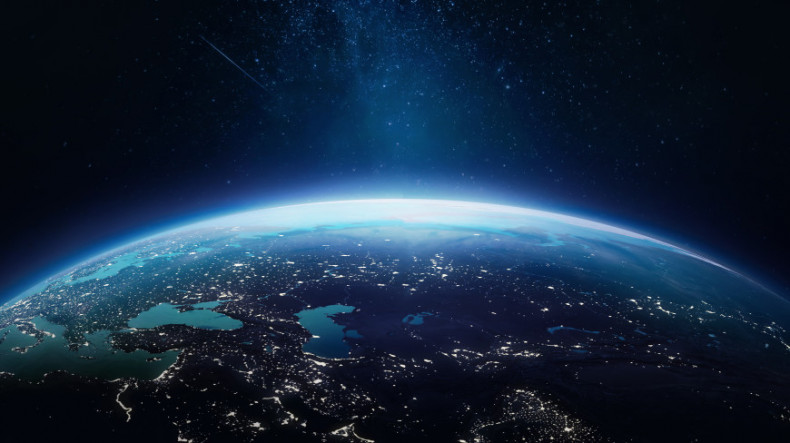
Earth records its shortest day ever
Planet Earth has recorded its shortest day since records began, Daily Mail reports.
The 1.59 milliseconds shaved off the usual 24-hour spin on June 29 raises the prospect of a leap second having to occur to keep clocks aligned. This would be the first time global clocks have been sped up.
The Earth’s rotation has been known to slow down, with 27 leap seconds needed to keep atomic time accurate since the 1970s. The last was on New Year’s Eve 2016, when clocks paused for a second to allow the Earth to catch up.
But since 2020 that phenomenon has reversed – the previous fastest day was -1.47 milliseconds on July 19 that year. Humans can’t detect the change, but it could affect satellites and navigation systems.
Experts say the ‘Chandler Wobble’ – a change in the spin of the Earth on its axis – may be to blame. Dr Leonid Zotov, of the Sternberg Astronomical Institute, Moscow, said: ‘The normal wobble amplitude is about four metres at Earth’s surface, but from 2017 to 2020 it disappeared.’
There are other factors that can impact the length of Earth’s days including snow building up on the mountains in the northern hemisphere in winter and then melting in summer.
Global warming is also considered to have an effect by melting ice and snow at a faster pace.
Newsfeed
Videos






























